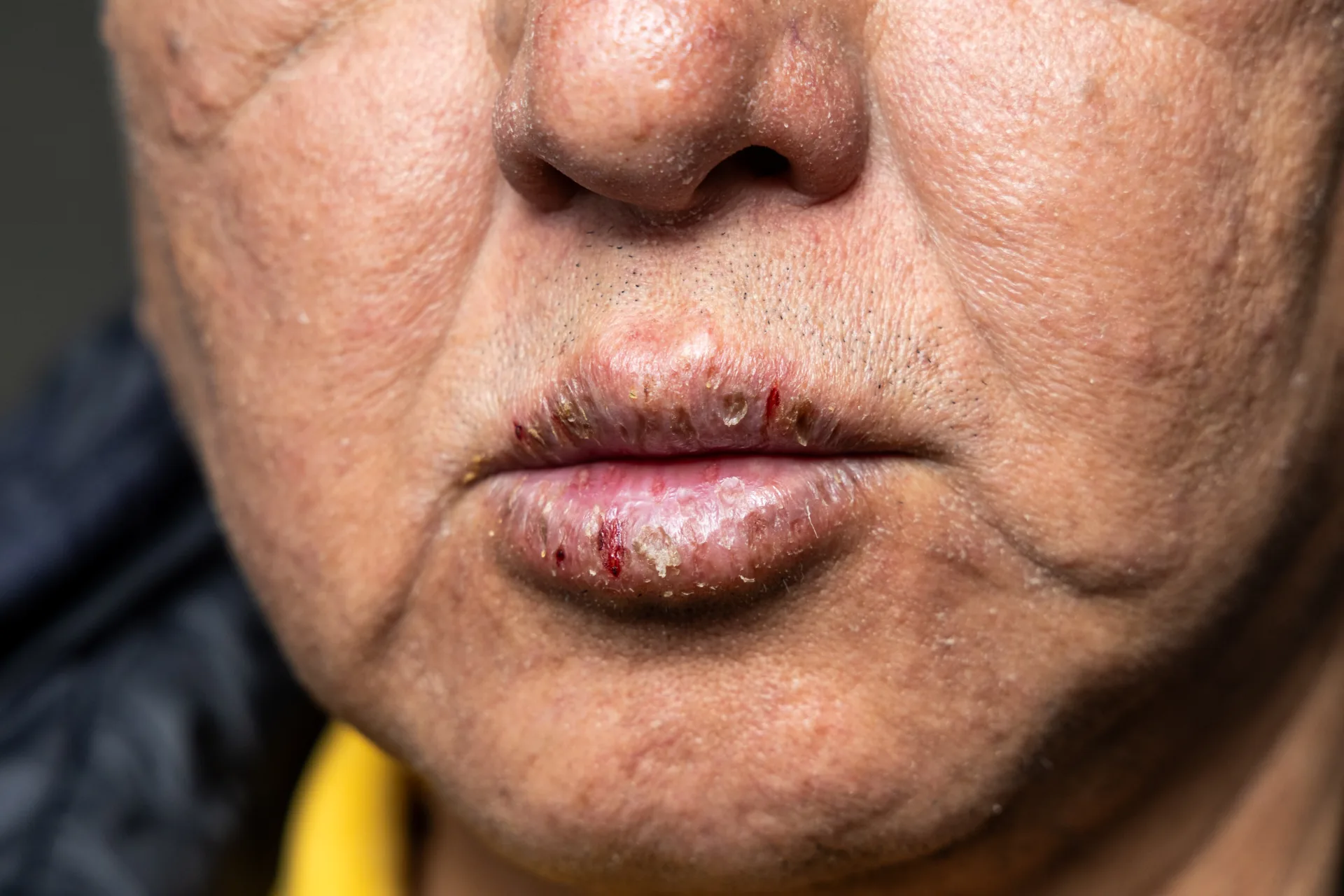
Why Recognizing Co-Occurring Disorders Matters
Mental health and substance use disorders are challenging to navigate individually, but when they occur together, they can make life feel overwhelming. Also known as dual diagnosis, co-occurring disorders affect millions of people and often lead to cycles of emotional instability and substance reliance. Recognizing the signs of co-occurring disorders is a critical step toward recovery and lasting wellness.
At Bluff in Augusta, GA, we specialize in helping individuals overcome the challenges of co-occurring disorders by addressing both mental health and substance use issues in an integrated, personalized way.
What Are the Symptoms of Co-Occurring Disorders?
Co-occurring disorders present in unique ways depending on the individual and the combination of conditions. However, there are common symptoms that can indicate the presence of both mental health and substance use challenges:
Emotional Instability
- Intense mood swings, including irritability, depression or anxiety
- Persistent feelings of sadness, hopelessness or anger
- Struggling to manage stress or emotional triggers
Behavioral Changes
- Withdrawal from friends, family and daily routines
- Sudden shifts in sleep patterns, energy levels or appetite
- Engaging in risky or impulsive behaviors, including unsafe substance use
Substance Use Indicators
- Relying on drugs or alcohol to cope with emotional or physical discomfort
- Increased tolerance or dependence on substances
- Experiencing cravings or withdrawal symptoms when not using
Functional Challenges
- Difficulty maintaining responsibilities at work, school or home
- Neglecting personal hygiene or self-care
- Problems with concentration, memory or decision-making
How Can You Recognize Co-Occurring Disorders Early?
Co-occurring disorders can be challenging to identify because symptoms of one condition often overlap or mask the other. For example, someone experiencing anxiety might use alcohol to self-medicate, making it harder to distinguish between the two issues.
Early recognition is critical. If you notice persistent emotional struggles paired with substance use that interferes with daily life, it’s important to seek professional help. Early intervention provides the opportunity to treat both conditions simultaneously, which is key to successful recovery.
Why Are Co-Occurring Disorders Misunderstood?
One of the reasons co-occurring disorders often go untreated is the stigma surrounding both mental health and substance use. People may feel ashamed to ask for help or assume they must address one issue before tackling the other.
However, mental health and substance use disorders are deeply interconnected. Treating them together ensures a more effective and holistic approach. Breaking the stigma and seeking integrated care is a powerful step toward healing.
How Bluff in Augusta Can Help
At Bluff in Augusta, GA, we understand the complexities of co-occurring disorders and are committed to providing comprehensive, compassionate care. Our team takes a personalized approach to treatment, addressing both mental health and substance use challenges with evidence-based therapies and supportive resources.
If you or someone you love is experiencing signs of a co-occurring disorder, contact Bluff today to learn how we can help. Recovery is possible, and you don’t have to face it alone.








